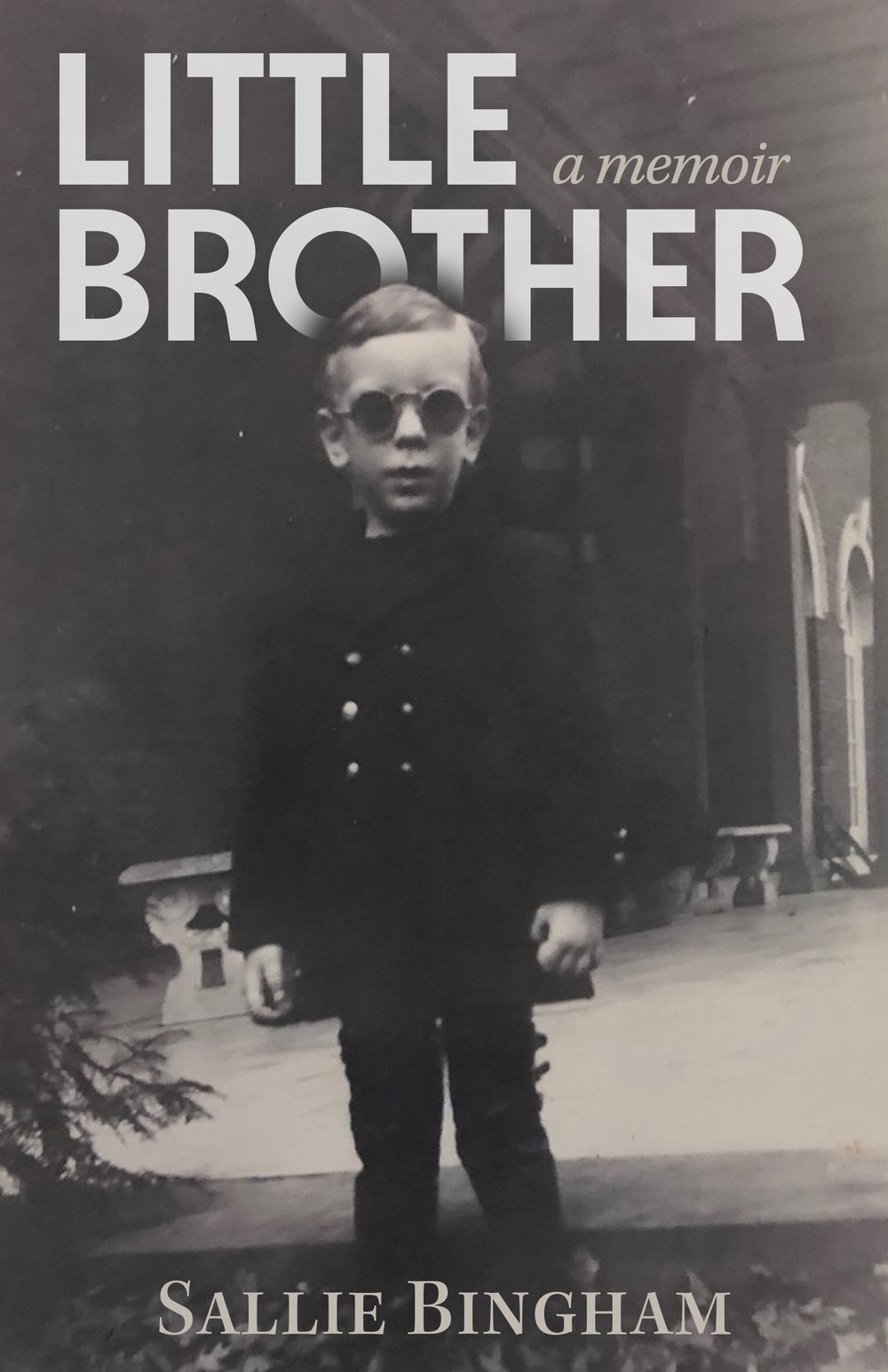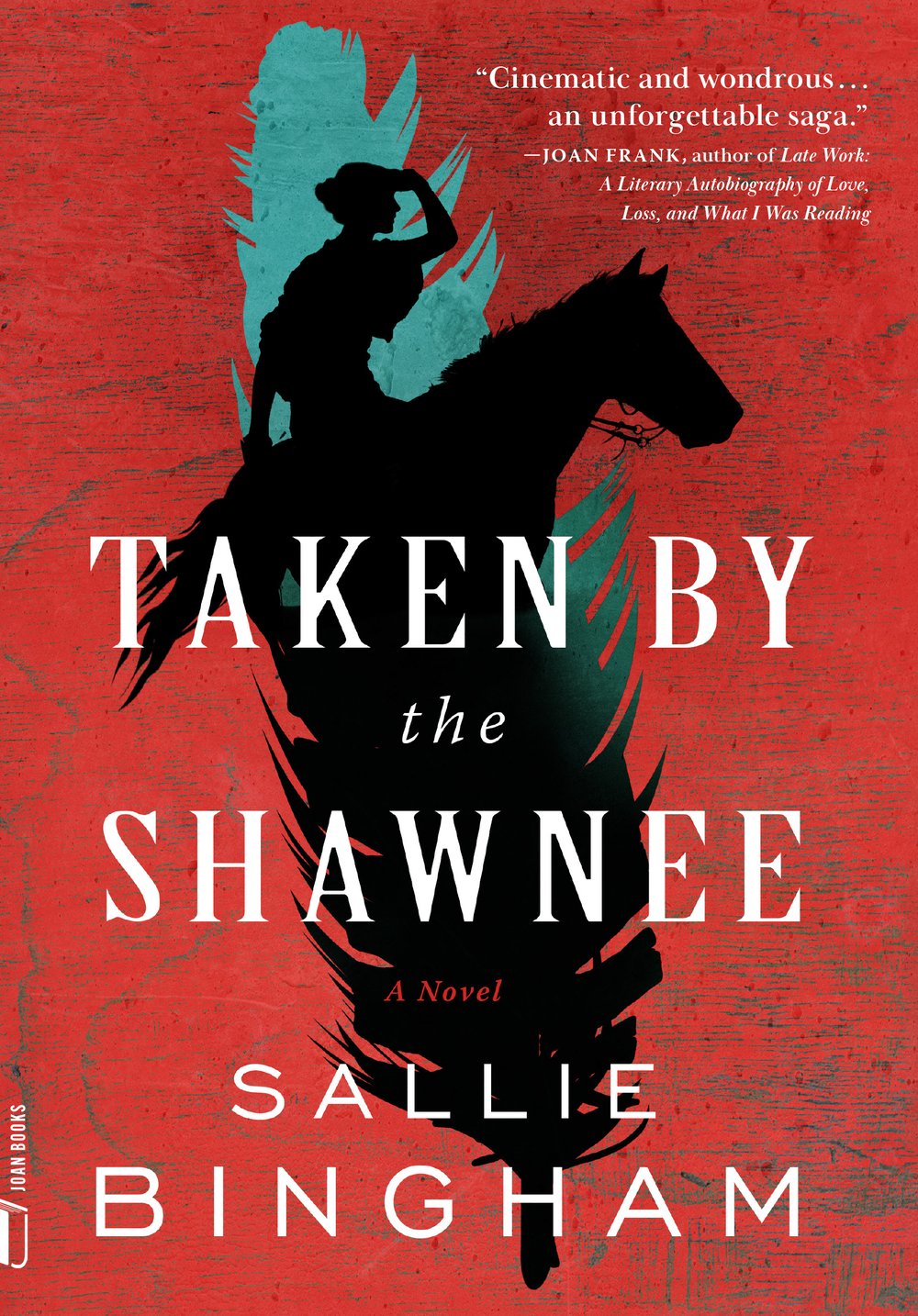Little Brother

Readers familiar with Sallie Bingham’s 1989 memoir, Passion and Prejudice, will remember her provocative chronicle of the Bingham family saga, cited by Gloria Steinem as “a major step toward feminist change and democracy.”
In Little Brother, she reflects on just one of her siblings: the youngest son Jonathan and his all-too brief life. The book begins with a count she calls her “dreadful list” of nine close relatives who died by accident, suicide, overdose, exposure to the elements, and electrocution, all before the age of 50. Jonathan was only twenty-two years old when he climbed a pole, hoping to rig up some lighting for a barn party and, by some fluke, grabbed a live wire. But even before his fatal fall to the ground, the boy suffered from insecurity, isolation, and difficulty relating to his large family. Bingham draws from archived material, chief among them the young man’s journal and letters. She writes his short history with obvious affection and tenderness, along with more than a dash of survival guilt. Little Brother is a moving and honest new work.

Sallie Bingham is the author of fifteen books, including most recently Treason: a Sallie Bingham Reader; Silver Swan: In Search of Doris Duke; The Blue Box: Three Lives in Letters; and Mending: New & Selected Short Stories. The latter collection won a Gold Medal in Fiction from Foreword Magazine in 2012 and she’s been included in both Best American Short Stories and The PEN/O. Henry Prize Stories. Bingham is founder of the Kentucky Foundation for Women, The Sallie Bingham Center for Women’s History at Duke University, publisher of The American Voice, from 1989 to 1998 and Book Editor at The Courier Journal from 1983-1989. She has received fellowships from Yaddo, MacDowell, and the Virginia Center for the Creative Arts, along with many other honors. She lives in Santa Fe with her dog Pip.


